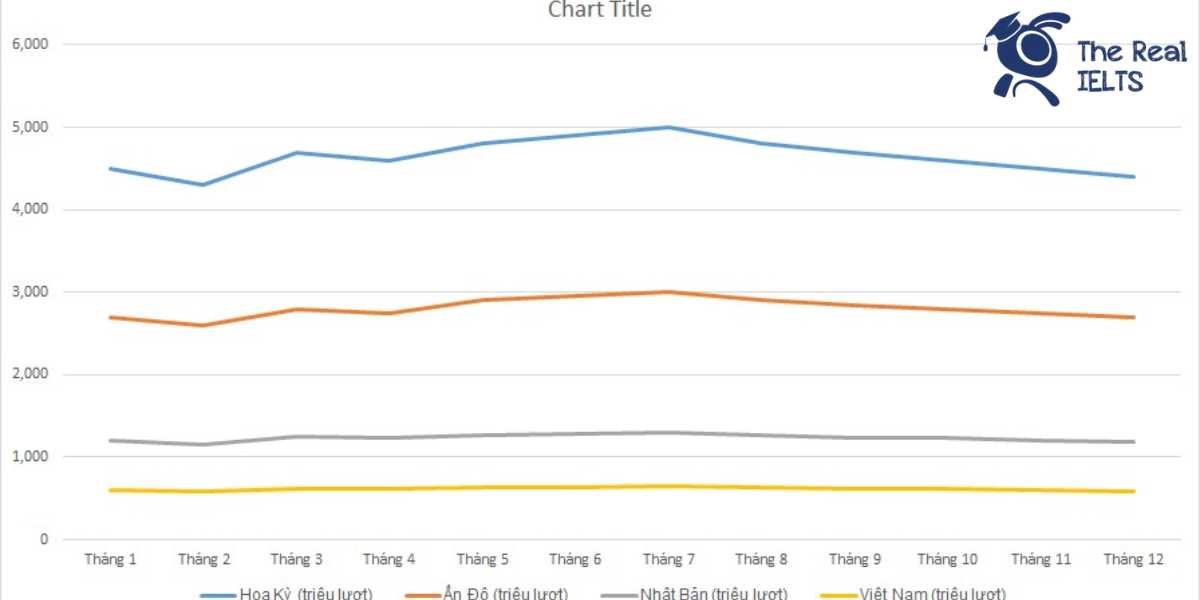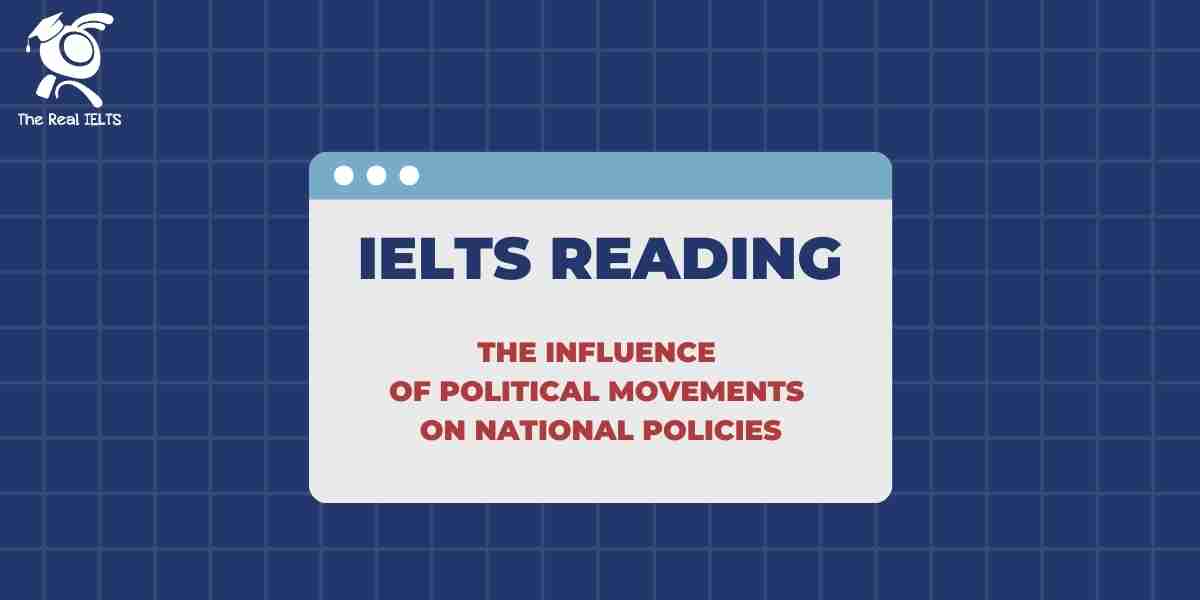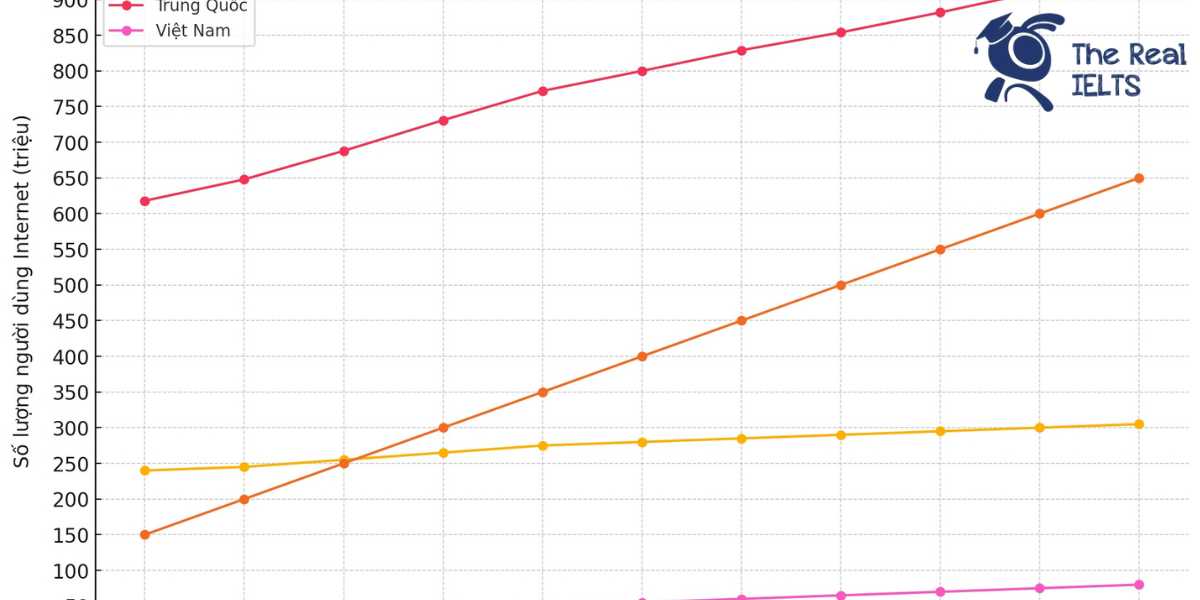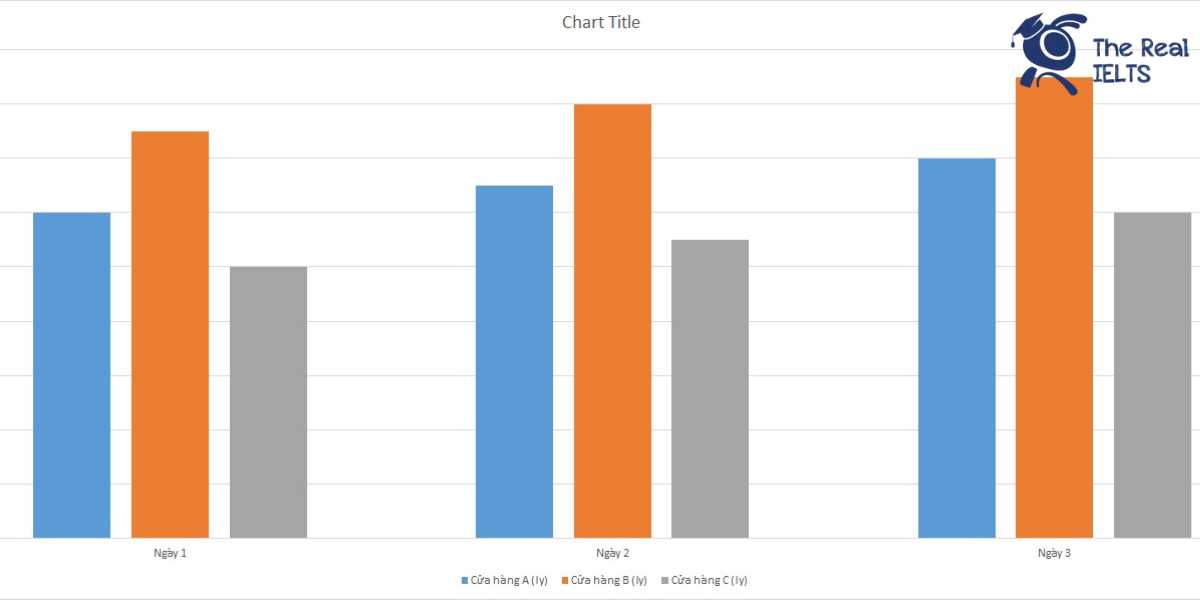IELTS Reading 16: Stem cell research là chủ đề thuộc chuỗi bài luyện tập 11 dạng bài IELTS Reading và các bài tập luyện tập.
Học lại bài cũ: IELTS Reading 15: Applications of space technology.
IELTS Reading: Stem cell research
Stem cell research has emerged as one of the most promising fields in modern science, offering groundbreaking potential in medicine, but also raising complex ethical debates. Stem cells are undifferentiated cells capable of developing into various specialized cells. This unique property has attracted considerable attention for its potential to treat a wide range of diseases, regenerate damaged tissues, and even extend human life expectancy. However, ethical questions about the source of certain types of stem cells, particularly embryonic stem cells, have sparked global debates, dividing opinions in scientific, medical, and religious communities.
The Science Behind Stem Cells
There are two main types of stem cells: embryonic stem cells and adult stem cells. Embryonic stem cells are derived from embryos, typically in the early stages of development. These cells have the ability to transform into any cell type in the body, making them highly versatile for medical research. Adult stem cells, on the other hand, are found in various tissues in the body and are more limited in their differentiation potential. While they are primarily used to repair the tissue in which they are found, advances in research are showing that adult stem cells might also be reprogrammed to behave like embryonic stem cells.
Stem cells are primarily studied for their potential in regenerative medicine. Scientists believe that they could be used to repair damaged tissues and organs, offering treatment options for diseases such as Parkinson’s disease, Alzheimer’s, diabetes, heart disease, and spinal cord injuries. In addition to direct therapeutic applications, stem cells are also being used in drug testing, enabling researchers to study the effects of new drugs on human cells without the need for animal testing.
Ethical Concerns and Controversies
Despite the immense potential of stem cell research, the ethical implications, particularly concerning embryonic stem cells, are the source of much controversy. The use of embryonic stem cells involves the destruction of human embryos, which raises significant moral concerns for those who believe life begins at conception. Religious groups and pro-life advocates have been particularly vocal, arguing that harvesting embryonic stem cells for research equates to taking human life.
On the other hand, proponents of stem cell research argue that the potential benefits far outweigh the ethical concerns. They highlight the fact that many of the embryos used in research are leftover from in vitro fertilization (IVF) treatments and would otherwise be discarded. Additionally, some believe that advancing medical science to alleviate human suffering justifies the use of embryonic stem cells.
In response to these concerns, alternative sources of stem cells have been developed. One such breakthrough is induced pluripotent stem cells (iPSCs), which are adult cells that have been genetically reprogrammed to behave like embryonic stem cells. This innovation has the potential to sidestep the ethical issues, as it does not require the destruction of embryos. However, iPSC technology is still relatively new, and researchers are exploring its long-term viability compared to traditional embryonic stem cells.
Legal and Policy Challenges
Governments around the world have taken different approaches to regulating stem cell research, reflecting the diversity of ethical views. In the United States, stem cell research is heavily regulated, with federal funding for embryonic stem cell research restricted to specific cell lines. Other countries, such as the United Kingdom and South Korea, have more permissive policies, allowing for broader research within carefully defined ethical guidelines.
International organizations have also weighed in on the issue, attempting to create frameworks for ethical stem cell research. However, the varied approaches across nations highlight the difficulty of reconciling moral, religious, and scientific perspectives in crafting universally accepted policies.
The Future of Stem Cell Research
Looking ahead, stem cell research holds incredible promise for the future of medicine. As researchers continue to develop alternative methods for deriving stem cells, such as through iPSCs or other innovative techniques, the ethical concerns surrounding the destruction of embryos may become less of an obstacle. Furthermore, as clinical trials expand and new therapies emerge, stem cell treatments could become mainstream, offering hope for patients suffering from currently incurable conditions.
The field is also likely to intersect with other areas of science and technology, such as gene editing and nanotechnology. These intersections could lead to even more revolutionary medical applications, such as personalized medicine, where treatments are tailored to the genetic profile of an individual using their own stem cells.
Conclusion
Stem cell research is at the frontier of medical science, offering transformative possibilities for treating diseases and understanding human biology. However, it is also fraught with ethical challenges that have divided public opinion and influenced government policies worldwide. As science advances and alternative methods are developed, the potential for stem cell research to revolutionize healthcare continues to grow. Balancing the scientific promise with ethical considerations will remain a key challenge for researchers, policymakers, and society at large.
Question
1. Multiple Choice (Chọn đáp án đúng)
Question: What is the primary ethical concern surrounding embryonic stem cell research?
A. It involves the destruction of animal embryos.
B. It involves the destruction of human embryos.
C. It requires genetic modification of adult cells.
D. It is not effective in treating diseases.
Answer: B
2. True/False/Not Given (Đúng/Sai/Không có thông tin)
Statement: Adult stem cells can transform into any type of cell in the human body.
Answer: False
3. Yes/No/Not Given (Có/Không/Không có thông tin)
Statement: Religious groups universally support embryonic stem cell research.
Answer: No
4. Matching Information (Ghép thông tin)
Question: Which paragraph contains information about the legal approaches to stem cell research in different countries?
A. Paragraph 1
B. Paragraph 2
C. Paragraph 3
D. Paragraph 4
Answer: D (Legal and Policy Challenges)
5. Matching Headings (Ghép tiêu đề)
Question: Match the headings to the correct paragraph.
Headings:
- Ethical Alternatives to Embryonic Stem Cells
- Potential Medical Benefits of Stem Cells
- Legal and Policy Debates
- Introduction to Stem Cells
Paragraphs:
A. Paragraph 1
B. Paragraph 2
C. Paragraph 3
D. Paragraph 4
Answers:
A. 4
B. 2
C. 1
D. 3
6. Matching Sentence Endings (Ghép kết thúc câu)
Question: Complete the sentences by matching the beginnings to the correct endings.
Beginnings:
- Embryonic stem cells are controversial because…
- Induced pluripotent stem cells (iPSCs) are significant because…
- Adult stem cells are primarily used for…
Endings:
A. …repairing tissues in the body.
B. …they can transform into any cell type.
C. …they do not require the destruction of embryos.
Answers:
1 – B
2 – C
3 – A
7. Sentence Completion (Hoàn thành câu)
Question: Complete the following sentence with a word or phrase from the passage.
Stem cells are studied primarily for their potential in __________ medicine.
Answer: regenerative
8. Summary Completion (Hoàn thành bản tóm tắt)
Question: Complete the summary using words from the passage.
Stem cells are undifferentiated cells with the ability to transform into various specialized cells. Embryonic stem cells are particularly versatile and are derived from __________. These cells are valuable for __________ medicine, which aims to regenerate damaged tissues and treat diseases.
Answers: embryos, regenerative
9. Diagram Label Completion (Hoàn thành nhãn sơ đồ)
Question: Label the diagram based on the information from the text.
Diagram:
- Cell 1: ________
- Cell 2: Adult stem cells
- Cell 3: ________
Answers:
- Cell 1: Embryonic stem cells
- Cell 3: Induced pluripotent stem cells (iPSCs)
10. Short Answer Questions (Câu hỏi trả lời ngắn)
Question: What breakthrough allowed researchers to avoid the ethical issue of destroying embryos in stem cell research?
Answer: Induced pluripotent stem cells (iPSCs)
11. Table/Flowchart/Note Completion (Hoàn thành bảng/sơ đồ dòng/chú thích)
Question: Complete the table with information from the text.
| Type of Stem Cell | Source | Potential |
|---|---|---|
| Embryonic stem cells | __________ | Can become any cell type |
| Adult stem cells | Tissues in the body | Limited differentiation |
| Induced pluripotent cells | Adult cells, reprogrammed | Versatile |
Answers:
- Embryonic stem cells: Embryos
- Induced pluripotent cells: Adult cells, reprogrammed
Answers
1. Multiple Choice (Chọn đáp án đúng)
Question: What is the primary ethical concern surrounding embryonic stem cell research?
A. It involves the destruction of animal embryos.
B. It involves the destruction of human embryos.
C. It requires genetic modification of adult cells.
D. It is not effective in treating diseases.
Answer: B
2. True/False/Not Given (Đúng/Sai/Không có thông tin)
Statement: Adult stem cells can transform into any type of cell in the human body.
Answer: False
3. Yes/No/Not Given (Có/Không/Không có thông tin)
Statement: Religious groups universally support embryonic stem cell research.
Answer: No
4. Matching Information (Ghép thông tin)
Question: Which paragraph contains information about the legal approaches to stem cell research in different countries?
A. Paragraph 1
B. Paragraph 2
C. Paragraph 3
D. Paragraph 4
Answer: D (Legal and Policy Challenges)
5. Matching Headings (Ghép tiêu đề)
Question: Match the headings to the correct paragraph.
Headings:
- Ethical Alternatives to Embryonic Stem Cells
- Potential Medical Benefits of Stem Cells
- Legal and Policy Debates
- Introduction to Stem Cells
Paragraphs:
A. Paragraph 1
B. Paragraph 2
C. Paragraph 3
D. Paragraph 4
Answers:
A. 4
B. 2
C. 1
D. 3
6. Matching Sentence Endings (Ghép kết thúc câu)
Question: Complete the sentences by matching the beginnings to the correct endings.
Beginnings:
- Embryonic stem cells are controversial because…
- Induced pluripotent stem cells (iPSCs) are significant because…
- Adult stem cells are primarily used for…
Endings:
A. …repairing tissues in the body.
B. …they can transform into any cell type.
C. …they do not require the destruction of embryos.
Answers:
1 – B
2 – C
3 – A
7. Sentence Completion (Hoàn thành câu)
Question: Complete the following sentence with a word or phrase from the passage.
Stem cells are studied primarily for their potential in __________ medicine.
Answer: regenerative
8. Summary Completion (Hoàn thành bản tóm tắt)
Question: Complete the summary using words from the passage.
Stem cells are undifferentiated cells with the ability to transform into various specialized cells. Embryonic stem cells are particularly versatile and are derived from __________. These cells are valuable for __________ medicine, which aims to regenerate damaged tissues and treat diseases.
Answers: embryos, regenerative
9. Diagram Label Completion (Hoàn thành nhãn sơ đồ)
Question: Label the diagram based on the information from the text.
Diagram:
- Cell 1: ________
- Cell 2: Adult stem cells
- Cell 3: ________
Answers:
- Cell 1: Embryonic stem cells
- Cell 3: Induced pluripotent stem cells (iPSCs)
10. Short Answer Questions (Câu hỏi trả lời ngắn)
Question: What breakthrough allowed researchers to avoid the ethical issue of destroying embryos in stem cell research?
Answer: Induced pluripotent stem cells (iPSCs)
11. Table/Flowchart/Note Completion (Hoàn thành bảng/sơ đồ dòng/chú thích)
Question: Complete the table with information from the text.
| Type of Stem Cell | Source | Potential |
|---|---|---|
| Embryonic stem cells | __________ | Can become any cell type |
| Adult stem cells | Tissues in the body | Limited differentiation |
| Induced pluripotent cells | Adult cells, reprogrammed | Versatile |
Answers:
- Embryonic stem cells: Embryos
- Induced pluripotent cells: Adult cells, reprogrammed















